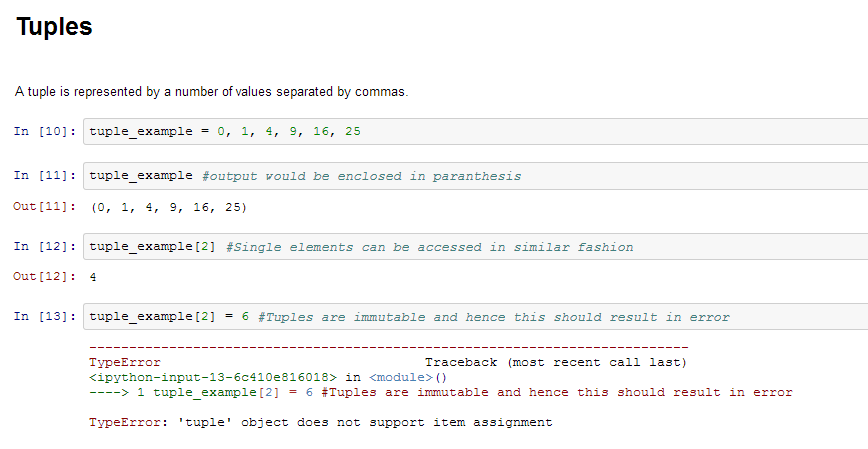Python Create Dictionary From List Of Variables In Research
Driver Lan Windows 7 32 Bit. I am writing my own small command line interface in Python. One of the commands is 'export', which basically creates a variable. For example: >export NUM=15 Now, NUM will equal '15'. 3d Route Builder Keygen Download.

And if I use 'NUM' with any other command in my CLI, then it equate it to the number '15', e.g. I have another command 'hex' that converts decimal to hex: >hex NUM The output should be 'F', but the program doesn't recognize NUM=15. I declared my variables dictionary outside the function.

I won't post the entire CLI.py, but here is the export function. Basically, I need to assign key=value in the variables dictionary. Def CommandExport(args): if (len(args) == 0): print(variables) else: for line in args: args = line.split('=') ENV = args[0] value = args[1] if (int(args[1]) == True): value = int(value) else: value = str(value) variables[ENV] = (value) for ENV, value in variables.items(): vars()[ENV] = (value) return(ENV) return(value) return(variables) Seems like it should work but it doesn't.
Python Programming/Variables and Strings. You will be introduced to two different kinds of data in Python: variables and strings. We create a second variable. Original Xbox Iso Sites. To tell Python about the list of variables, the spssau.VariableDict() function is called, and the values in that dictionary are placed in the object vdict. The Python variable dlist contains the values (i.e., variable names) of the dependent variables, and the Python variable ilist contains the values of the independent variables.